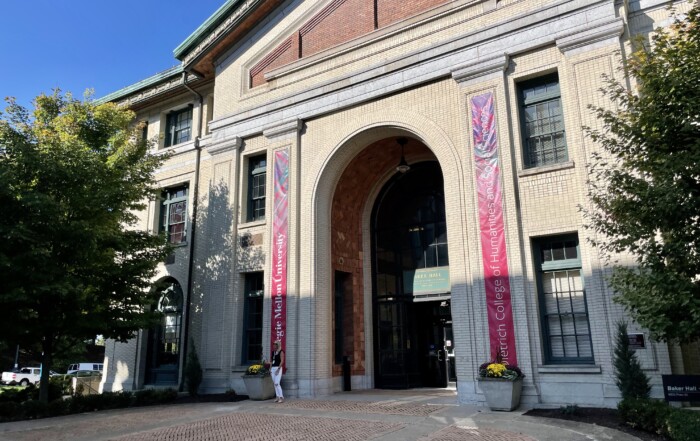College Admissions Tips and Guidance
Is College Failing Us?

Explore Our Articles
Recent Posts
Popular Categories
Get In Touch
On Social
By Phone or Text
(617) 734-3700
By Mail or Email
1678 Beacon Street
Brookline, MA 02445
By Form
Educational Advocates
Our objective is to guide the family in finding options where the student will not only get admitted, but thrive and find success once on campus.
Is College Failing Us?
I have stumbled upon some disturbing stories recently on some of the higher education websites claiming that the college degree isn’t worth what it used to be. Without delay, I declare it absurd and resolve to avoid using the news outlets that report such information. However, I find a small part of me is captivated and wants to keep reading. My curiosity could take me down two separate, but equally dangerous paths. Option one – my research horrifies me and I start to resemble Edvard Munch’s “The Scream,” doubting every step I took until this point in my life. Option two – I am enlightened, but not about the declining worth of college versus its increasing cost; instead I learn to define the worth of education not based on its monetary value (but that is still a big element) but also by the experience it has given me.
The first article that catches my attention suggests that college degrees are no longer sufficient; therefore in order to compete graduate school is necessary. I have heard this view many times: when I decided to become a teacher, some well-meaning people told me that I would have to get my master’s to stay in that field; when I decided to get my master’s, some perhaps not so well-meaning people told me I wouldn’t get hired at a higher rate; and when I decided to give up teaching, some told me that I was being foolish. But what the article, perhaps unintentionally, tells me is that I made a smart decision – I started my career as a teacher, and then went back for my master’s in a field related to my career. By waiting, I could be meticulous in my choice between careers – could I see myself as an administrator? Did I want to guide students emotionally and intellectually? In the end, I opted to study technology in order to better prepare my students and myself for a 21st century culture; by selecting an applicable major where every class was specialized I was able to make the most of my time and money. Now when I need to develop a blog article for Educational Advocates, I can draw on my skills as both an English and technology major I learned how to modify my style and voice for various outlets.
However, then the article suggests that I should not have changed careers in an economy where many are returning to school in order to avoid the job market. Again, the article neglects to consider the experience I collected while both gainfully employed as a student and later as a teacher. From my college years I learned that I need to be willing to adapt: in college, I had to juggle my classes with my jobs; more recently, I understood that I may have to travel for interviews and think outside the box when networking and researching jobs. From my career experience I learned how to communicate with others, which included more than just interview skills, but also how to answer a phone properly, how to respond when I make a mistake, how to say thank you when warranted. Early in my career I thought that I could relate to my students because of familiarity with their concerns, but after teaching seniors for several years I now know that is was not age that connected us but my ability to relate without condescension that made them feel welcome to voice concerns, something I hope to develop as I continue my new career in guidance.
You can find out more about our college advising stories here.








